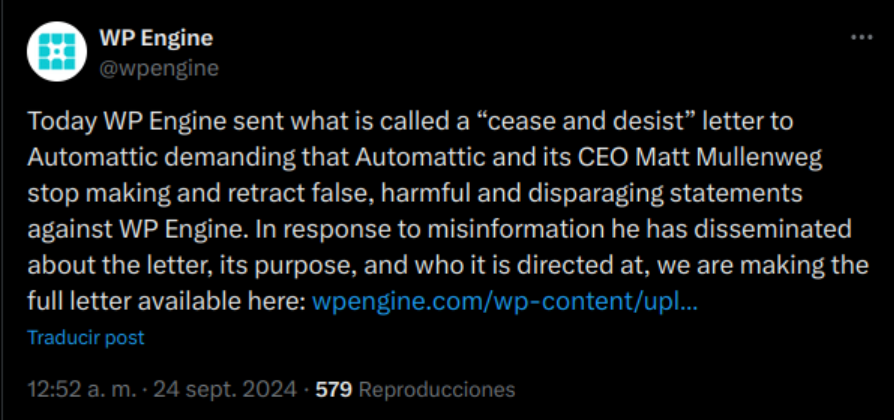
Die re:publica hat ihnen wohl einen Schubs gegeben, dem Dirk von Gehlen, Daniel Fiene, Stefan Voß, dem Henning Uhle, Thomas Gigold, Katja Evertz und wahrscheinlich noch einigen anderen**, die sich dieser Tage über „das Netz“, Blogs und das Fediverse in ihren Blogs geäußert haben. Damals wäre ich wahrscheinlich auf Twitter über eine meiner Listen oder Hashtags auf diese Beiträge gestoßen. Heute tauchen sie bei mir im RSS Reader Feedly auf, in dem ich Seiten, die mich interessieren, abonniert und nach Themen und Kategorien sortiert habe.
Ok, auf den einen oder anderen Artikel bin ich auch in Threads oder Mastodon gestoßen, aber beide soziale Netze spielen bei weitem nicht die Rolle, die Twitter für mich und einige andere wie Dirk spielt.
Es gibt den einen Ort nicht mehr, an dem ich z.B. direkt nach dem Panel auf der re:publica nachschauen könnte, wie die Reaktionen sind (sehe aber gutes Feedback bei Threads und auf Mastodon).Wen kümmerts… was aus Twitter wurde? (Digitale Juni-Notizen zur republica 24) – Digitale Notizen
Die Twitter-Zeiten kommen nicht wieder – Ist vielleicht auch gut so
Auf Twitter sei „inhaltsgetriebenes Netzwerken“ eine Selbstverständlichkeit gewesen. Und in einem seiner Findings stellt er fest (oder hofft er), dass ein anderes Netz möglich sei oder sein muss. Wer über den Niedergang von Twitter jammere und diskutiere, ob denn nun Threads, Bluesky oder Mastodon die Alternative oder der Nachfolger werden, denke zu sehr in alten Kategorien und die alte Zeit komme nicht wieder, meint Stefan Voß und spielt auf eine Panel-Diskussion an, an der auch Dirk teilgenommen hat.
Ein Vorschlag dieses Panel voller Langzeit-re:publicaner – so Zeit-Autorin Meike Laaff süffisant – ist, seine Inhalte doch wieder mehr auf die eigenen Webseiten posten, statt sie Plattformen anzuvertrauen, deren Regeln man nicht kontrolliere. Stimmt, neu ist diese Idee nicht, aber sie muss deshalb ja nicht falsch sein. Das ist übrigens ein Grund, warum ich bewusst in einem Blog schreibe und meine Beiträge nicht originär als LinkedIn-Artikel veröffentliche, sie dort lediglich verlinke. Nur mal so als kleine Spitze in Richtung all derer, die nur auf LinkedIn setzen und es massiv pushen.
Das neue, alte Web powered by ActivityPub und Blogs?
Nicht neu, dieser Vorschlag mit den eigenen Webseiten und Blogs, meinte auch Johnny Haeusler im Panel, doch es hat sich technisch einiges getan. In diese Kerbe hauen auch Daniel Fiene und Stefan Voß in ihren Beiträgen. Daniel titelt „Eine neue Version dieses Internets“ und regt an, die eigene Webseite oder den eigenen Blog ans Fediverse anzuschließen, das was ich beispielsweise auch mit diesem Blog gemacht habe. Alle Beiträge, die ich hier in meinem Blog unter WordPress.com* schreibe, sind automatisch im Fediverse unter @stefanpfeiffer.blog veröffentlicht, mit entsprechenden Clients (zum Beispiel Mastodon, aber auch andere Tools) abonnier- und abrufbar.
@stefanpfeiffer.blog ist dabei eine komplett unabhängige Instanz wie @mastodon.social, @ard.social oder viele andere. Der große Unterschied: Diese Instanz gehört mir (solange ich die Domäne stefanpfeiffer.blog besitze). Sie ist eben nicht im Besitz eines Mark Zuckerbergs oder Elon Murks, sondern Teil eines dezentralen Netzwerks, in dem alle Mitglieder über ein gemeinsames Protokoll, den ActivityPub, miteinander kommunizieren können. Ich vergleiche es gerne mit E-Mail, wo man zwischen Google, Mailbox.org und GMX problemlos Mails austauschen kann.
Ein Social-Web, dass uns allen gehört?
Steffen Voß fasst es hier sehr schön zusammen
Im Web 2.0 wurden Social-Media-Plattformen neben die Websites gestellt. Auf den einen waren die Inhalte. Auf den anderen die Diskussionen. Mit dem ActivityPub-Protokoll können die Websites Social-Media werden! Das wäre ein Social-Web, das uns allen gehört. Allen, die daran teilnehmen und nicht nur Elon Musk und Mark Zuckerberg.re:publica: Social-Media ist tot! Lang lebe Social-Media!
Einige namhafte Anbieter wie WordPress, Flipboard oder Ghost unterstützen das ActivityPub-Protokoll und sind somit Teil des Fediverse. Auch Mark Zuckerbergs Threads sind auf dem Weg, ActivityPub in vollem Umfang zu unterstützen. Dann können Nutzerinnen und Nutzer von Threads Informationen lesen, die beispielsweise auf mastodon.social oder eben unter meiner Instanz @stefanpfeiffer.blog veröffentlicht wurden, und umgekehrt. Es bleibt jedoch ein wesentlicher Unterschied: Threads ist und bleibt eine Plattform von Meta und Mark Zuckerberg, auf der man einen Kanal pflegt. Die Domäne @stefanpfeiffer.blog gehört dagegen mir (und ja, ich bin in meinem Fall davon abhängig, dass WordPress weiterhin ActivityPub unterstützt).
Natürlich bleibt es eine Frage, wie man interessante Instanzen, Nutzerinnen und Nutzer in einem dezentralen Fediverse findet, das aus einigen großen, aber auch vielen kleinen Instanzen mit Informationen besteht. Wie knüpft man sein Netz wie abonniert man Informationen in Zeiten, in denen es weniger Social-Traffic und weniger Google-Traffic gibt und sich auch die Suche im Web signifikant zu verändern scheint – sobald die derzeitigen Kinderkrankheiten und Halluzinationen beseitigt sind.
Wie finde ich Infos? Wie abonniere ich Infos? Wie tausche ich mich aus?
Können der Mastodon- oder Threads-Client, die beide ActivityPub als Schnittstelle verstehen, die Informationszentrale werden, so wie es mit Twitter einmal für viele funktioniert hat. Oder braucht es gar einer komplett neuen App?Bei mir spielt wie erwähnt mein RSS Reader eine zentrale Rolle, mit dem ich mich interessierende Quellen verwalte und zur weiteren Verwertung organisiere.
[Nachträglich eingefügt] Frank Stratmann schreibt in seinem Beitrag zu RSS, dessen Stärke und potentielle Schwächen:
Und so ein dynamisches Gefühl der Vernetzung entsteht nicht sofort. Eigentlich entspricht RSS der Grundidee einer flachen Vernetzung ohne Hierarchie am ehesten.re:publica24: Es gibt keine tiefere Bedeutung dieser Fixierung auf Reichweite
Kann ActivityPub das neue RSS werden, um Informationen zu abonnieren? Noch fällt es mir schwer, mir das vorzustellen.
Einige überzeugte Blogger rufen die Renaissance der Blogroll aus, einer handverlesene Empfehlung von Blogs oder Websites auf der eigenen Seite. , Thomas Gigold hat den UberBlog-Ring ins Leben gerufen. Andere setzen auf manuell geführte Listen und eine Suche mit Hashtags auf sozialen Netzen. Viele sind Freunde von Newslettern, die trotz der Querelen rund um Substack eine Renaissance erleben. Oder wird es bald persönliche KI-getriebene Agenten geben, die meine Interessen kennen und mir die für ich relevante Informationen zuspielen?
Ich sehe hier noch nicht die definitive Antwort und vielleicht wird es die auch nicht geben. Und bei allem Enthusiasmus rund um das Fediverse, der tollen Idee eigener, autarker sich „verstehender“ Blogs und Webseiten müssen wir uns vor Augen führen, dass „die Musik“ heute nicht im Fediverse und auf Mastodon spielt. Mit Musik meine ich natürlich die Anzahl der Nutzerinnen und Nutzer und wie lebendig eine Community, ein Netz ist. Threads hat das Fediverse in der Zahl Nutzer wohl eindeutig ausgestochen. Ok, Threads wird bald komplett an das Fediverse angebunden. Immerhin.
„Die Jungen“ informieren sich anders und sind wo anders
Aber schauen wir uns das Thema mal unter der Generationenbrille an: Passt das Netz der jüngeren Generationen zu dem Web der Älteren? Viele von uns trauern wie erwähnt noch immer Twitter hinterher. Auch ich. Doch das juckt die Jungen nicht, die ganz andere, kürzere Formate zu bevorzugen scheinen.
Nein, die Zeitspanne, wie lang man für eine Sache Aufmerksamkeit aufbringen kann, ist kürzer geworden. Deshalb boomen ja auch in den sozialen Netzwerken die Storys, die Reels, die sonstwas. Deshalb ist ja auch TikTok so ein großer Erfolg. Irgendwas in einer Minute raus rotzen, tolle Wurst.Aufmerksamkeit für Blogs – Henning Uhle
Und TikTok hat mit seinem Algorithmus vorgemacht, dass Informationskonsum im Netz nicht social sein muss. Steffen Voß spitzt es zu:
Der „For-You“-Feed hat Plattformen weniger social gemacht. Das ist jetzt mehr wie individualisiertes Fernsehen mit Likes. Und das passt auch mehr zu den jungen Leuten, die „social“ nicht brauchen.re:publica: Social-Media ist tot! Lang lebe Social-Media!
[Nachträglich eingefügt] Katja Evertz schreibt in ihrem Blog darüber, wie der Dialog und die Beziehungen auf Plattformen an Bedeutung verlieren:
Persönliche Beziehungen spielen für Algorithmen seit TikTok eine noch geringere Rolle als Interaktionen bzw. das Nutzungsverhalten. Mein Netzwerk wird irrelevant. Ich sehe nur noch, was der Algorithmus als meine Interessen identifiziert hat.Der Dialog auf Plattformen ist kaputt. | Katja Evertz
Henning setzt noch einen drauf und gießt uns, die auf eine Zukunft der Blogs hoffen, Essig in den Wein. Er zielt auf die Aufmerksamkeitsspanne und Konzentrationsphase ab, die bei uns allen immer kürzer zu werden scheint:
Der hoch entwickelte Mensch wird allmählich zum Goldfisch. Traditionelle Webseiten und Blogs werden es in naher Zukunft noch schwerer haben, da die Aufmerksamkeit noch weiter absinken wird.Aufmerksamkeit für Blogs – Henning Uhle
Klar, Vorsicht vor Pauschalisierung, aber es sieht so aus, dass sich junge Leute im Dreieck Video, weniger Text, kurze Formate, die auf den Punkt kommen und den „For you“-Feeds bewegen. 90 Prozent der unter 30-Jährigen nutzen laut Bitkom-Umfrage Instagram, um sich in sozialen Kanälen zu informieren. Danach folgen deutlich dahinter WhatsApp, danach Facebook, alles Apps des Meta-Konzerns. Ältere lesen lieber, Jüngere schauen Bilder, so eine Zwischenüberschrift in der Bitkom-Pressmitteilung.
Und übrigens: Auch „früher“ waren nicht alle auf Twitter
„Die Jungen“ scheinen zumindest „social“ in der Art und Weise, wie wir Ältere es verstehen, nicht mehr zu brauchen. Aber vielleicht brauchten und wollten schon eh und je bestimmte Gruppen das „Twitter-Netz“, dem wir so nachtrauern, nicht. Es war auch zu Blütezeiten immer ein Netzwerk bestimmter Gruppen, von News Junkies oder einer Netzgemeinde und nicht der Mehrheit, die auch damals – wenn überhaupt – an anderen Plätzen (wie zum Bleistift Facebook) aktiv war.
Doch zurück zum Fediverse: Was haben also „die Jungen“ mit einem Fediverse am Hut? Finden sie dort überhaupt etwas, was sie interessiert? Werden dort die Informationen in der Art aufbereitet, wie es gewohnt sind oder wollen? Derzeit wohl eher nicht. Ich sehe auch derzeit nicht, dass ein signifikanter Player in diese Richtung geht. Die Fediverse-Idee hat gegen die Macht der Plattfomkonzerne und die Bequemlichkeit und Gewohnheiten der jüngeren Nutzerinnen und Nutzer – Stichwort Kurzvideos – und die Algorithmen á la TikTok im Moment keine Chance. Ob Frank McCourt im Zusammenspiel mit Tim Berns-Lee daran etwas ändern kann?
„Die Jungen“ gucken Videos, aber wir bauen das Fediverse
So, jetzt aber mal ein Punkt. Das Lamentieren über das Kurzvideo-Netz der Jungen, den bösen Elon Murks und den Friedhof Facebook bringt uns nicht wirklich weiter. Die Idee des Fediverse ist gut und kann zumindest in der alten Netzgemeinde und auch weit darüber hinaus räsonieren. Ich freue mich über jeden gut geschriebenen Blog auch jenseits meines Interessenspektrums. Ich wünsche mir weitere gute Podcasts und interessante Newsletter und hoffe, dass das Fediverse wächst und ich mich dort weiter mit interessanten Menschen austauschen kann. Und ich hoffe, dass ich mal wieder ein re:publica schaffe.
Im Übrigen: Verlasst X
Im Übrigen schließe ich Dirk an, der anregt, unsere Mandats- und Würdeträger:innen daran zu erinnern, dass sie X nicht brauchen, um sich öffentlich zu äußern. Hört nicht mehr auf Eure sogenannten Social Media-Berater. Politikerinnen und Politker sollten dort endlich den Stecker ziehen, statt Herrn Murks weiter zu bedienen, und ihre Inhalte auf eigenen Webseiten publizieremn – am liebsten angeschlossen ans Fediverse.
Kleiner WordPress-ActivityPub-Exkurs
* Kleiner Exkurs für Techies zur Unterstützung von ActivityPub auf WordPress.com: Das Protokoll ist in meinem WordPress-Tarif namens Explorer enthalten. Ich muss sie nur aktivieren. Meine Fediverse-Kennung stefanpfeiffer.blog@stefanpfeiffer.blog schreibt mir WordPress aber vor. Um die selbst ausgewählte Kennung digitalnaiv@stefanpfeiffer.blog nutzen zu können, müsste ich den dreifach so teuren Creator-Mode von WordPress.com abonnieren: „Der Creator-Tarif schaltet mit dem ActivityPub-Plugin Profile pro Autor, fein abgestimmte Kontrollen und vieles mehr frei.“ Den hatte ich zeitweise mal, aber für mich als Hobbyblogger lohnt sich das nicht.
Einen Wunsch, der wahrscheinlich schwer zu realisieren ist, hätte ich noch zusätzlich: Ich hätte gerne die Option, meine Konten im Fediverse, also @digitalnaiv@mastodon.social, @stefanpfeiffer.blog sowie @digitalnaiv@stefanpfeiffer.blog und auf Threads threads.net/@stefanpfeiffer.bl… (sowie auch andere Netzwerk-IDs) zusammenzuführen. Ich weiß, im Moment ein Träumchen.
** Sorry, dass nur männliche Autoren und Blogger genannt sind. Ich gelobe Besserung.
Die Titelgrafik wurde in ideogram.ai mit folgendem Prompt erstellt: A conceptual, vibrant, and abstract representation of the Fediverse in the style of Picasso. The digital universe or galaxy serves as a backdrop, filled with swirling colors and celestial bodies. In the foreground, various platforms are depicted as unique, geometrically distorted islands connected by lines or cables. Mastodon is represented by a mixture of blue and yellow shapes, PeerTube by a spinning wheel-like structure, Pixelfed by a grid of squares, and Friendica by intertwined curved lines. People on these islands communicate with each other through holograms or bridges, indicated by beams of light or transparent threads. The overall composition is a colorful, chaotic, and harmonious celebration of decentralization and the limitless potential of the Fediverse., vibrant, conceptual art
stefanpfeiffer.blog/2024/06/02…
#ActivityPub #Blog #Bloggen #Fediverse #Instagram #Mastodon #republica #RSS #SocialMedia #TikTok #Twitter #WordPress
Die re:publica-Konferenz war lange das Wohnzimmer der Netzgemeinde, die dort eine verheißungsvolle digitale Zukunft diskutierte. Gefühlt ganz schön lange her. Und nun?
Meike Laaff (ZEIT ONLINE)
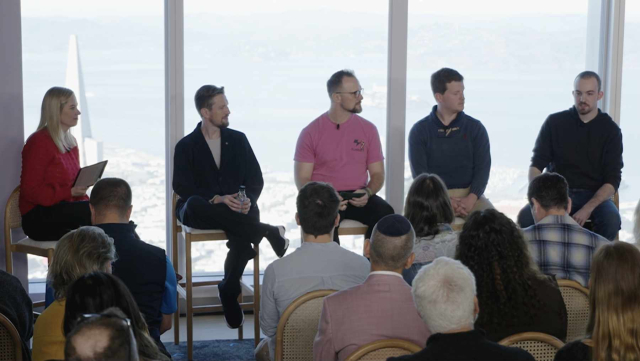
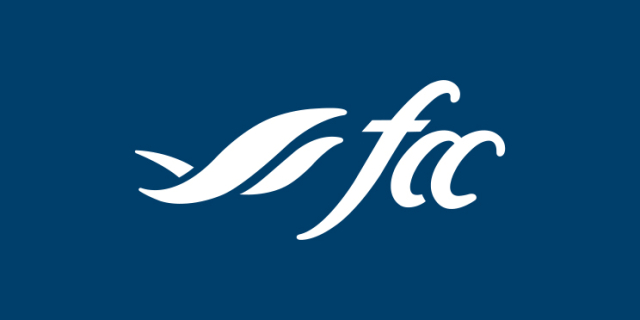
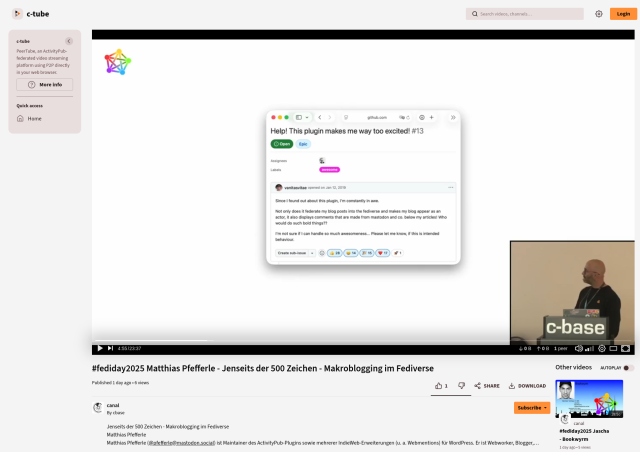
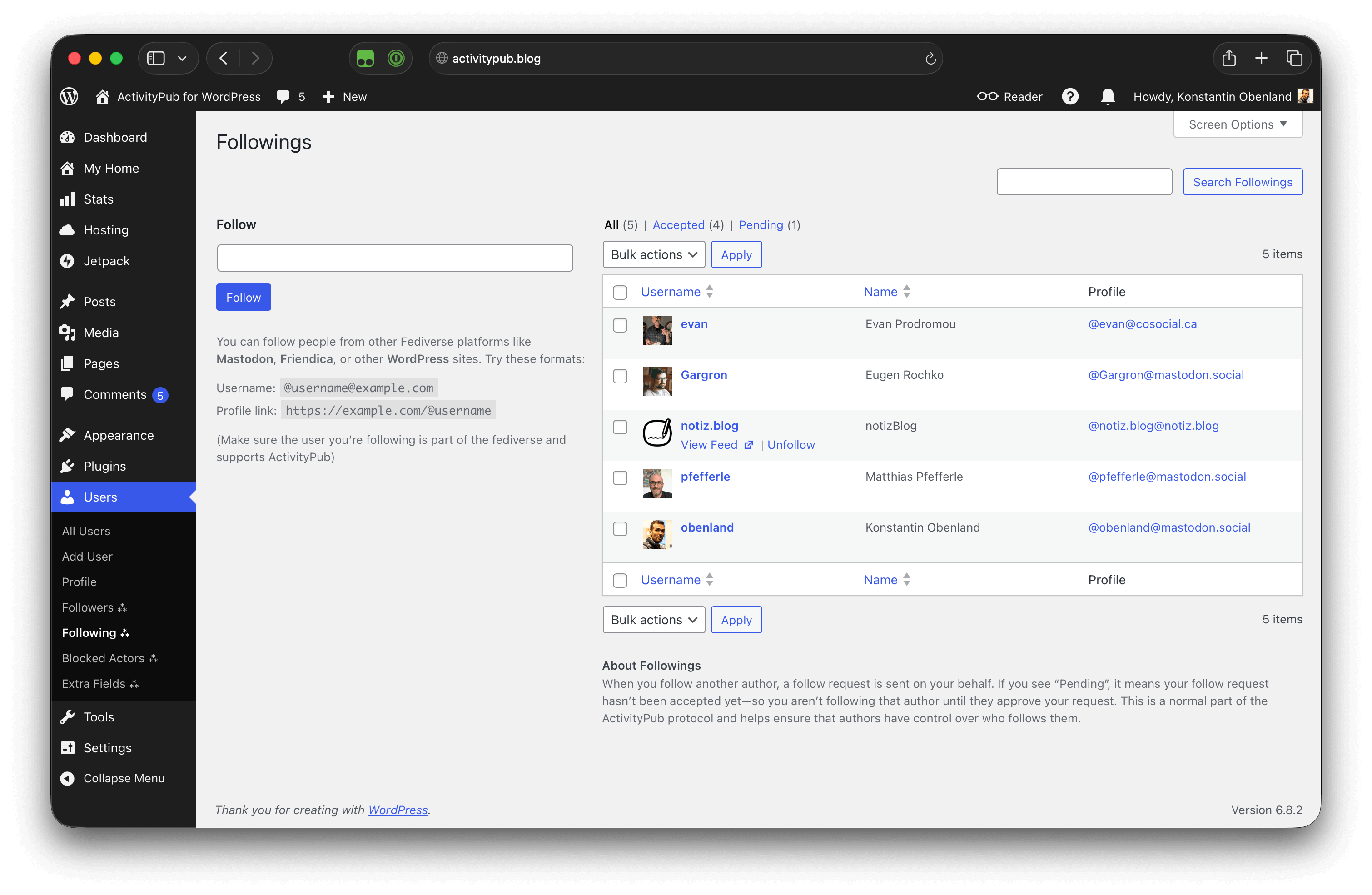
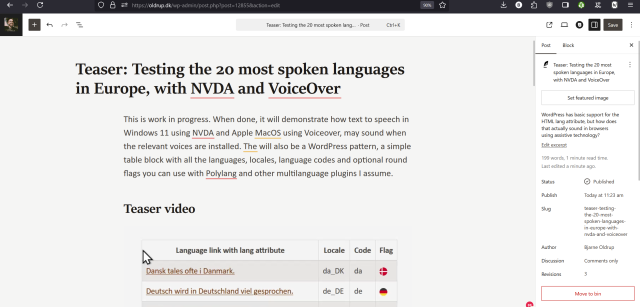
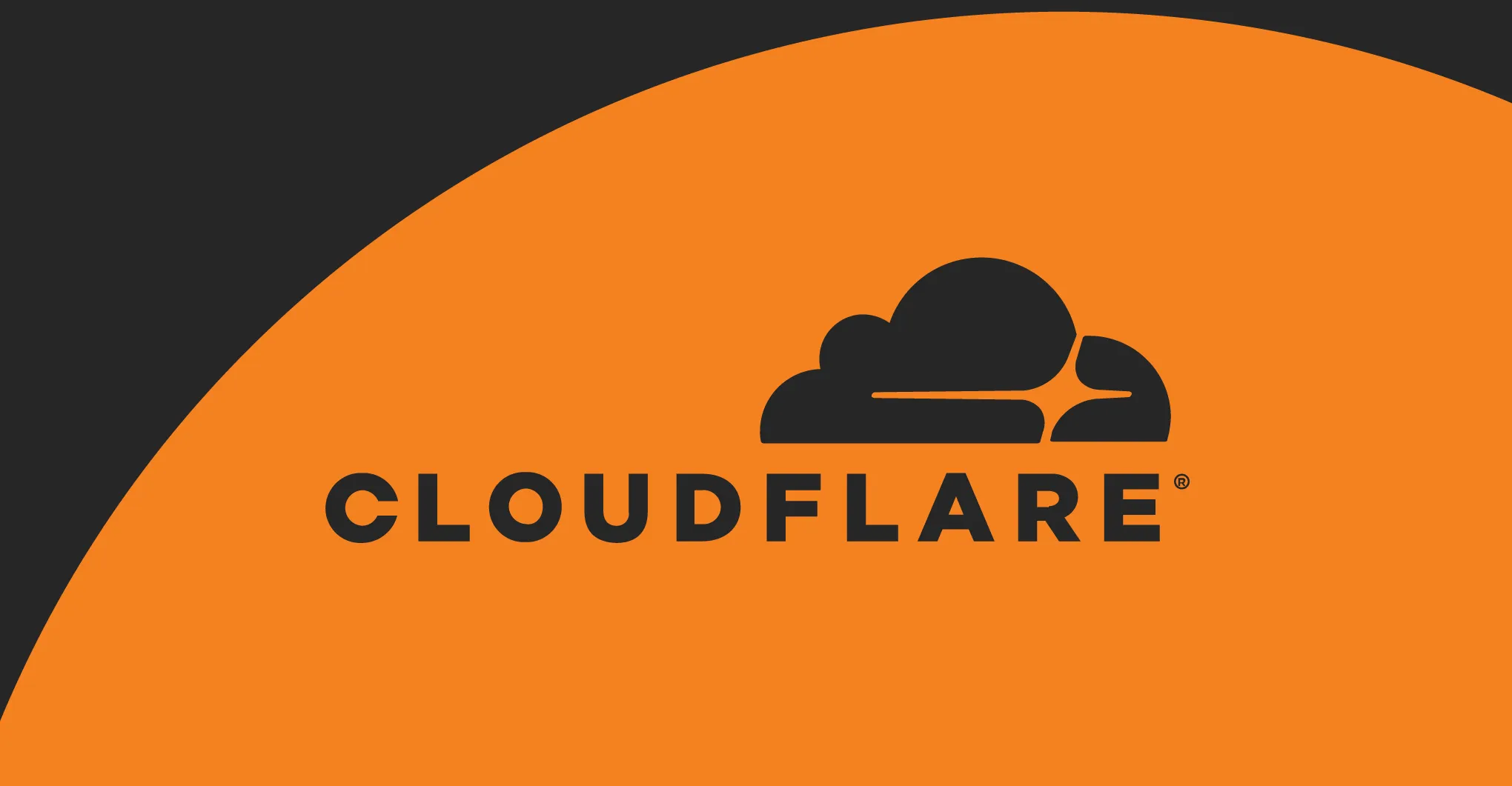





![Hello there! [Open Film Database]](https://fedi.ml/photo/preview/640/639116)




